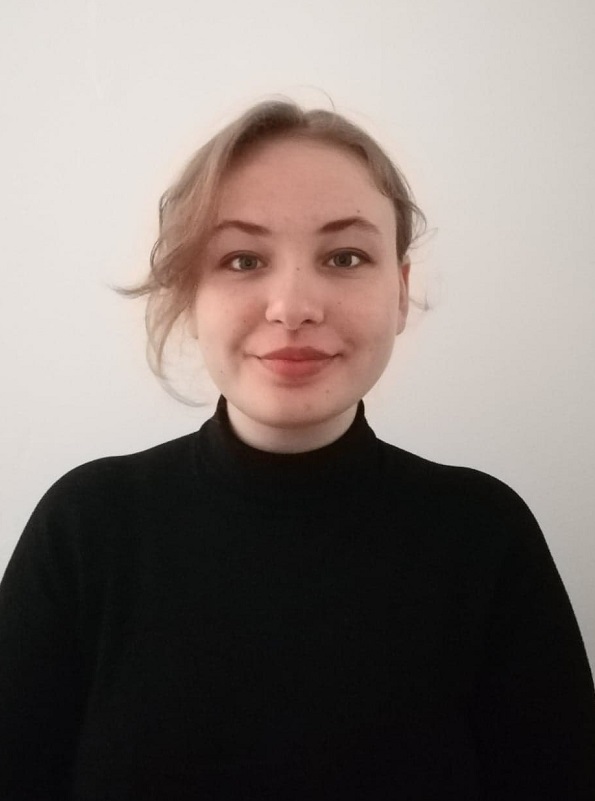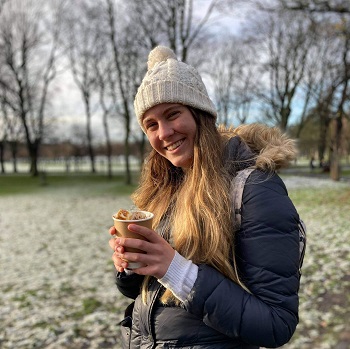Edinburgh medical students share their insights and top tips for successful study.
Jen Ola (Year 2)
 I found the amount of content studying medicine quite scary at first. However – when I realised that I shouldn’t worry too much about learning every single minuscule point in the lectures, I was able to really focus on trying to pick up the main points that would make me a good clinician.
I found the amount of content studying medicine quite scary at first. However – when I realised that I shouldn’t worry too much about learning every single minuscule point in the lectures, I was able to really focus on trying to pick up the main points that would make me a good clinician.
That being said, I wanted to make sure that I focused on things that I would need to know for clinical practice – so I tried to think like an examiner/lecturer (what would they want me to definitely know). I started to understand some things just have to be committed to memory such as learning anatomy and pharmacology.
My top 5 study techniques:
1. Use full sentences and try to create similar fictional clinical scenarios found in KCP. These proved essential for me to test myself by making up questions on the main points.
2. Discuss and teach other students about topics. This makes learning conditions a lot more interesting and brings them to life. We would also talk about hospital dramas and when these types of conditions came up, which I found quite useful and a good escape from the usual cram. Teaching is a very good way to also make yourself remember and understand the topic.
3. Make learning fun. I would use online quizzes and found interactive videos with drawing and bursts of colour quite helpful. YouTube is a great resource when needing a bit of an escape from the repetitions.
4. Use a human anatomy atlas for anatomy. Quite essential really to know what the anatomy looks like in real life as the textbook is very different. I found using the university recommended app and website very helpful: Acland’s video atlas and C.anatomy.
5. Last but definitely not least: Reflection! I started reflecting more after my first semester exam. It really helped me to look at my strengths, congratulate myself no matter the results and also reach out for help more after recognising my weaknesses.
Reka Kovacs (Y5)
 Figuring out how to study effectively at medical school can seem quite daunting, and it definitely took me a while! Whilst I think everyone has slightly different ways of learning and retaining knowledge, my top three pieces of advice are:
Figuring out how to study effectively at medical school can seem quite daunting, and it definitely took me a while! Whilst I think everyone has slightly different ways of learning and retaining knowledge, my top three pieces of advice are:
1. Revise regularly. Studying a little and often right from the start of the year makes the pre-exam cram week a lot less painful. Be kind to your future self and avoid the end-of-year stress.
2. Join the dots. Long lists of information tend to be the first thing I forget; I’ve found making connections between topics wherever you can creates a web of knowledge that’s much easier to access.
3. Be active! Reading textbooks and watching lectures are great for giving you the gist of a topic but they can also give you a false sense of security. It’s easy to passively understand something being explained to you, but far harder to actively recall. The ‘active’ learning tricks that have helped me are cramming everything about a topic onto a single piece of paper before reviewing what I’ve missed, and practicing questions – bonus points if you write questions to share with friends!
And finally, please don’t feel like you need to know absolutely everything. Every bullet point of every lecture is covering up an endless rabbit hole to potentially fall down. Bear in mind your goals whilst studying: passing exams, and more excitingly, being a competent doctor. These don’t require knowing the intricacies of every biochemical concept in existence so stick to what you need! (but of course feel free to go a bit further for the topics you find fun)
 Kat Carr (Y4)
Kat Carr (Y4)
Studying can be difficult for everyone, especially in medicine with so much to learn, remember and understand in a short amount of time. It’s important in the first place to ensure no studying is last minute but constant throughout the year. Not only will this make the build-up for any exam less stressful, but it will help your long term memory of the subject and understanding for future years.
I have kept up some of my studying techniques from school as they have already helped me before. These include creating flashcards, both online and handmade (using colours to highlight important information, making it easier to memorise). This helps keep my revision easy to do anytime and anywhere, whether travelling or waiting for something to start. Moreover, it keeps studying in easier, smaller sections making revision less stressful overall and easier to uptake.
Another way of cementing easy recallable facts is using the Knowledge Tutor on Passmedicine, with repetitive questions to help you ingrain facts into your memory. After learning the main facts, I try to use a lot of practise questions. I would highly recommend taking advantage of Peerwise (including writing a few questions as this will not only help understand the examiner’s thinking of how they write questions, but your ability to explain an answer, cementing your knowledge) and Passmedicine.


